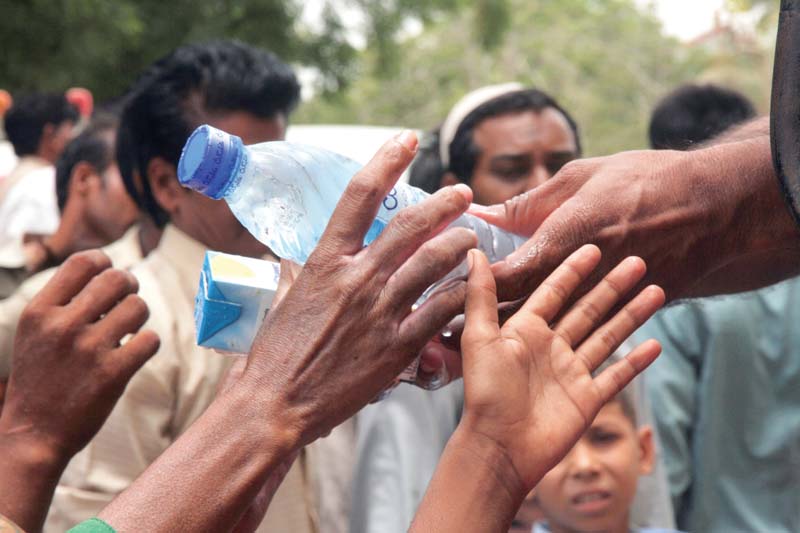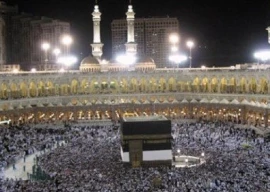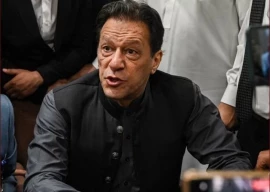
A consultative workshop, ‘Supporting Karachi City in Mitigation of Extreme Heat Impacts’, was organised by the Urban Unit, an environmental consultation firm, at Movenpick Hotel on Monday.
The heatwave of 2015
Representatives of Urban Unit spoke about how the rise in mortality rates could have been avoided in 2015 and what steps need to be taken to prevent further deaths in the summer of 2017.
Australia warns of 'catastrophic' fire conditions amid heatwave
“In 2015 there was no heatwave warning for the common man. We are a reactive society and are not proactive,” said senior environmental engineer Kiran Farhan. “The situational analysis throws light on what went wrong, which is something we shouldn’t experience again,” she said.
“When the heatwave struck, the most badly hit areas in Karachi were Gulshan-e-Iqbal, Gulberg and Malir,” said her team member Ehsan Saqib.
“In those 10 days of June 2015, the scorching heat, coupled with fasting in the month of Ramazan and no electricity, led to many people falling ill,” he explained. People living in mud houses and consuming well water instead of tap water were the most affected, he said.
Sindh schools demand extension in winter vacations following cold spell
Their combined study showed that more males than females were affected by the heatwave because the males were usually outside in the heat. Besides this, they claimed that many elderly persons were affected because they were left in homes which had metal sheets as roofs. This, combined with electricity issues, led to the death of many people, they said.
Where the government failed to help citizens in distress, non-governmental organisations like the Edhi Foundation came to the people’s rescue, the report stated.
Recommendations for 2017
A member of the audience claimed that in 2017 on University Road alone about 12,000 trees were chopped down recently and across the city, 40,000 trees have been chopped down.
Parents, teachers rethink winter holidays for schools
Urban Unit urged members of civil society to come forward and create public awareness about the heatwave. The team said that reactive emergency response was a strength unto itself, however, the lack of government command and control was a weakness that needed to be improved. Better hospital facilities were discussed as an imperative need in the city, as were continuous water and electricity supply.
Speakers said the concept of water sabeels around the city during the city was inspired and very much needed.
Team member Nasira Ahsan highlighted the need for an emphasis on efficient and strategic utilisation of existing resources. “Strong engagement of the private sector is needed to generate and [develop] a heatwave management plan,” she said.
1732521023-0/biden-(1)1732521023-0-405x300.webp)
1732520496-0/BeFunky-collage-(86)1732520496-0-165x106.webp)
1732519472-0/lamar-(3)1732519472-0-165x106.webp)
1732519298-0/BeFunky-collage-(85)1732519298-0-165x106.webp)

1732515558-0/Copy-of-Untitled-(76)1732515558-0-270x192.webp)




1732513395-0/Copy-of-Untitled-(75)1732513395-0-270x192.webp)






COMMENTS
Comments are moderated and generally will be posted if they are on-topic and not abusive.
For more information, please see our Comments FAQ